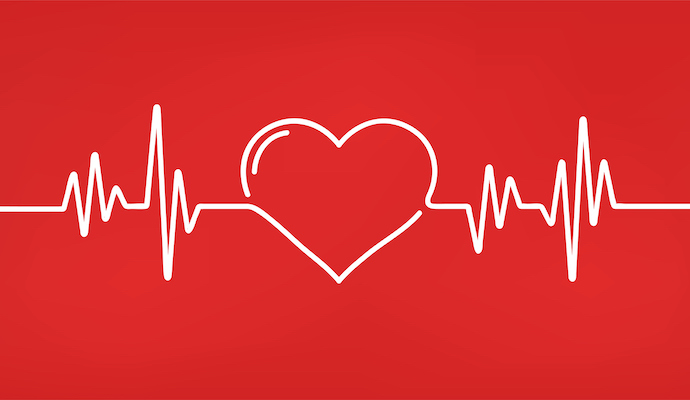CVS Health Responds to Caregivers’ Pandemic Mental Health Needs
CVS Health and Aetna are shining a light on mental health resources to help women and caregivers manage their heightened stress resulting from the coronavirus pandemic.

Source: Getty Images
- In response to the coronavirus pandemic’s influence on moms’ and caregivers’ stress levels, CVS Health and Aetna are taking steps to prioritize the mental well-being of individuals in these groups.
A recent survey conducted by CVS Health found that six in ten women feel that the COVID-19 pandemic has had a negative impact on their stress levels, with 46 percent saying they are experiencing more stress than this time last year.
This increased stress could be a result of women and caregivers prioritizing the care of others and neglecting their own mental health, something almost half (45 percent) of the women in the study said they have done. Despite a rise in symptoms of anxiety and depression among Americans during the pandemic, the number of patients seeking mental healthcare services dropped.
“When stay-at-home orders from the pandemic were put in place, many women quickly recalibrated their daily routines to care for children and family members, often while also managing work responsibilities and at-home duties,” said Cara McNulty, president of the behavioral health and employee assistance program at Aetna.
“Any caregiver—of children or adult loved ones—will tell you that it is a full-time job. During this difficult year, the result has been profound stress, burnout and anxiety that cannot be ignored. This May we are standing up for women’s mental health, raising awareness and dedicating resources to women, moms and caregivers to support them in prioritizing their own total well-being.”
CVS Health and Aetna are implementing several measures to help women, moms, and caregivers prioritize their mental health.
Aetna’s Here 4 U Sessions, a space for digital, communal conversations between women, will be available to the public this month. Separate sessions will cater to different groups like Black women, and moms of children with special needs. The goal is to provide a safe space for women to speak openly about their emotions and pandemic-related stress.
Aetna also provides a Resources for Living guide that specifically addresses women’s health during COVID-19 and topics like relationship health, caring for other relationships, and more. The guide also contains important resources and contacts for women and caregivers in different situations.
Aetna is donating $50,000 to the Girl Scouts of the USA and collaborating on a virtual panel discussion about mental wellbeing with the Girl Scout Alum Network. More than one in three women in the United States was a Girl Scout at some point in her life.
“The data shows clearly that women, moms and caregivers need our help, so we are proud to offer mental well-being care and resources focused specifically on the people who are so foundational to our collective well-being – beginning this month and continuing well beyond,” said McNulty.
“By partnering with the Girl Scouts of the USA, we are continuing our commitment to address mental health stigma and help women make their well-being a health care priority.”
CVS Health and Aetna provide members access to 24/7 free emotional support and daily life assistance as well as in-person or virtual meetings with licensed clinical social workers. The payer also partners with the Hospital Heroes Program which provides free, confidential mental health support to hospital-based workers.
In-person and virtual support for mothers, especially new mothers, can have a positive impact on women’s healthcare and maternal care. With added stress from the pandemic, new mothers could benefit from these resources.
CVS Health and Aetna previously announced a health plan in California that provides personalized pharmacy counseling and can help patients find care resources.
Providing better access to care and lower costs through strategies like these can help members prioritize physical and mental healthcare.
